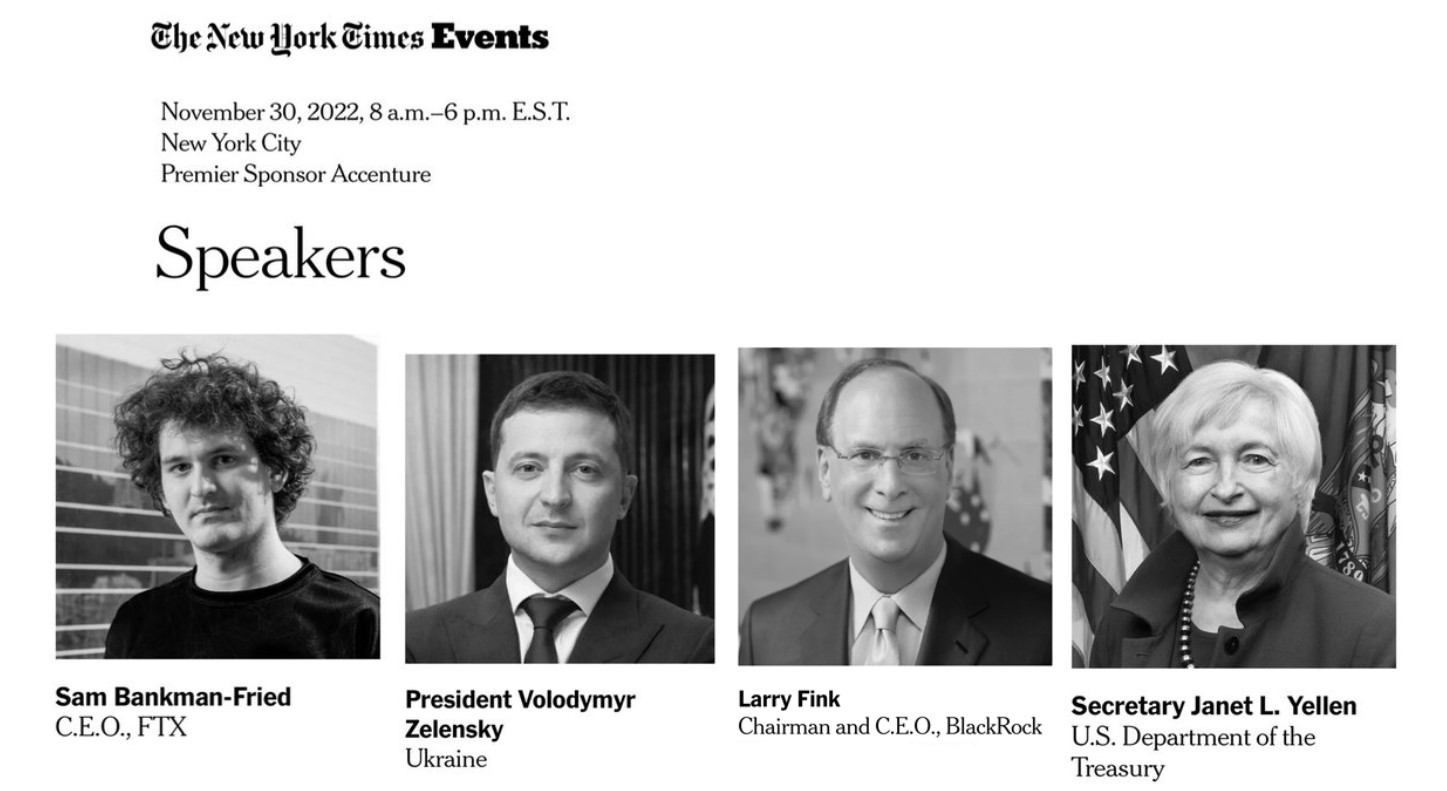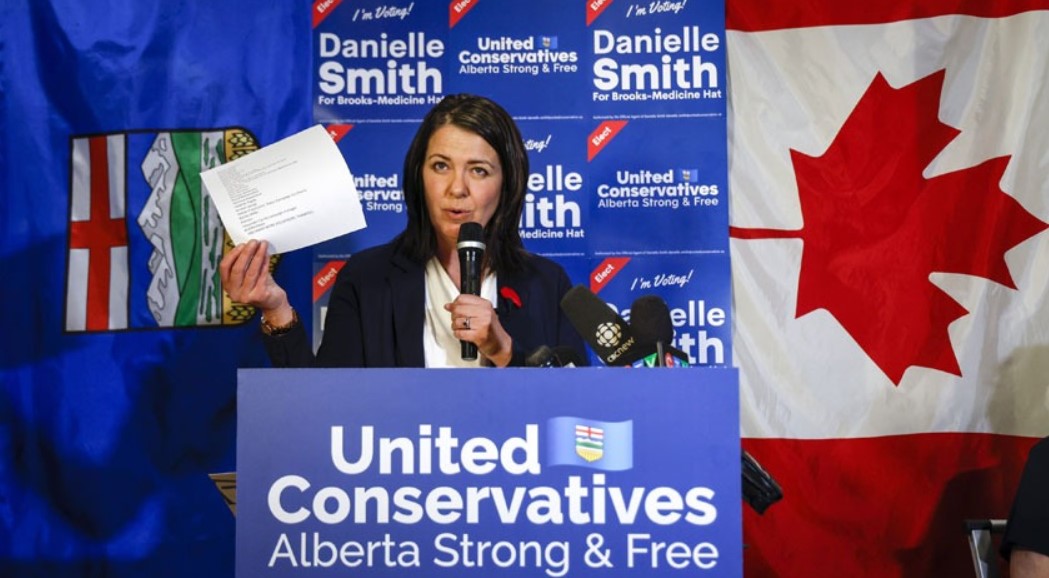How Google is able to heavily influence political choices
Search engines like Google can shift political opinions of undecided voters quite easily, research into the Search Engine Manipulation Effect (SEME) shows.
Published: April 26, 2018, 9:04 am
By inserting negative search suggestions under the name of a candidate, up to 43.4 percent of voters were swayed. Some 16 months of experiments were conducted with a total of 1800 people from all 50 US states.
According to new research by a team at the American Institute for Behavioral Research and Technology, Breitbart News reported how the manipulation of results pages in search engines can shift the voting preferences of undecideds by anywhere between 20 and 80 percent.
Depending on the demographic, the lead author of the study, Dr. Robert Epstein, lokked at how search engines can affect voters by suggesting negative or positive search terms next to a political candidate’s name.
Epstein’s research found that negative search terms had a dramatic effect on voter opinion:
The voting preferences of participants who saw no search suggestions shifted toward the favored candidate by 37.1 percent. The voting preferences of participants in the search suggestion groups who saw only positive search suggestions shifted similarly (35.6 percent). However, the voting preferences of participants who saw three positive search suggestions and one negative search suggestion barely shifted (1.8 percent); this occurred because the negative search suggestion attracted more than 40 percent of the clicks (negativity bias). In other words, a single negative search suggestion can impact opinions dramatically. Participants who were shown four negative suggestions (and no positives) shifted away from the candidate shown in the search bar (-43.4 percent).
Manipulating adjectives associated with a candidate’s name, meant search engines could shift a “50/50 split split among people who are undecided on an issue to a 90/10 split without people’s awareness and without leaving a paper trail for authorities to follow”.
Participants in the study came from various ideological backgrounds, including from liberal as well as conservative camps. In order therefore to control for political biases, participants were asked to judge political candidates that they were unfamiliar with.
The researchers have found a recurring pattern of major brands being top-listed in Google search suggestions when financially linked to Google. The top search suggestions for “a” is Amazon – Google’s top client on Google Adwords, and the top search suggestion for “t” is Target – Google’s third-biggest advertising client.
In Google’s current search suggestions, entering “G” into the search bar will instantly provide users with suggestions about other Google products – Gmail, Google Maps, Google Drive, etc.
During the 2016 election, Google had allegedly suppressed negative search suggestions for Hillary Clinton while allowing negative suggestions for Donald Trump and Bernie Sanders to remain.
All rights reserved. You have permission to quote freely from the articles provided that the source (www.freewestmedia.com) is given. Photos may not be used without our consent.
Consider donating to support our work
Help us to produce more articles like this. FreeWestMedia is depending on donations from our readers to keep going. With your help, we expose the mainstream fake news agenda.
Keep your language polite. Readers from many different countries visit and contribute to Free West Media and we must therefore obey the rules in, for example, Germany. Illegal content will be deleted.
If you have been approved to post comments without preview from FWM, you are responsible for violations of any law. This means that FWM may be forced to cooperate with authorities in a possible crime investigation.
If your comments are subject to preview by FWM, please be patient. We continually review comments but depending on the time of day it can take up to several hours before your comment is reviewed.
We reserve the right to delete comments that are offensive, contain slander or foul language, or are irrelevant to the discussion.

Ohio disaster: When hedge funds manage rail traffic
East PalestineAfter the derailment of a freight train loaded with highly toxic chemicals in the US state of Ohio, a devastating environmental catastrophe may now be imminent. The wagons burned for days, and a "controlled" explosion by the authorities released dangerous gases into the environment.

US President Biden orders ‘spy’ balloon to be shot down
WashingtonThe US President gave the order to shoot down China's "spy balloon". The balloon had caused US Secretary of State Blinken to cancel a trip to Beijing. In the meantime, a second balloon was sighted.

US is heading for a financial ‘catastrophe’ US Treasury Secretary warns
WashingtonOn January 19, 2023, the United States hit its debt ceiling of $31.4 trillion. The country faces a recession if it defaults on its debt, the US Treasury Secretary warned in an interview. Her warning underscored the danger of printing money.

Gun violence: More risk in Chicago and Philadelphia than Iraq, Afghanistan
Providence, Rhode IslandA striking statistic: young Americans are several times more likely to be injured by a gun in cities like Chicago and Philadelphia than they are while serving as a soldier in a foreign country.

Elon Musk, the first person in history to destroy $200 billion in a year
Never before in human history has a person lost as much money in one year as Elon Musk did in 2022. The Tesla and Twitter boss lost $200 billion last year. However, with his remaining $137 billion, he is still the second richest person in the world.

Extreme cold and winter storms sweep across US
More than a million households without electricity, thousands of canceled flights, temperatures in the double-digit minus range and already 41 fatalities: The US is being overwhelmed by an enormous cold wave.

Soros sponsors violent leftists and anti-police lobby as US crime surges
WashingtonThe mega-speculator and "philanthropist" George Soros remains true to himself – he has been sponsoring anti-police left-wing groups with billions of dollars.

FTX Founder Sam Bankman-Fried arrested after crypto billions go missing
NassauHe is no longer sitting in his fancy penthouse, but in a cell in the Bahamas: Sam Bankman-Fried (30), founder of the crypto company FTX, is said to be responsible for the theft of 37 billion euros. An interesting fact is that media in the EU have so far kept this crime thriller almost completely secret.

How Twitter helped Biden win the US presidency
WashingtonThe short message service Twitter massively influenced the US presidential election campaign two years ago in favor of the then candidate Joe Biden. The then incumbent Donald Trump ultimately lost the election. Internal e-mails that the new owner, Elon Musk, has now published on the short message service show how censorship worked on Twitter. The 51-year-old called it the “Twitter files”.

Alberta PM suspends cooperation with WEF
EdmontonThe newly elected Premier Danielle Smith of the province of Alberta in Canada has recently made several powerful statements against the globalist foundation World Economic Forum and its leader Klaus Schwab. She has also decided to cancel a strange consulting agreement that WEF had with the state.

